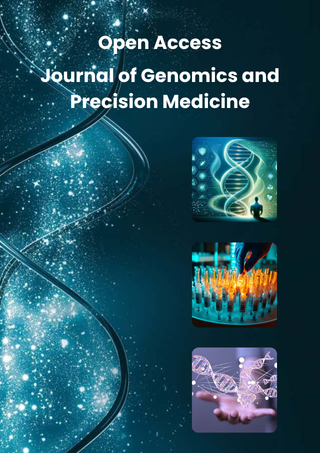Epigenetics
Epigenetics explores heritable changes in gene expression that occur without altering the DNA sequence itself. These changes are influenced by factors such as environment, lifestyle, stress, aging, and disease states. Epigenetic mechanisms—including DNA methylation, histone modification, and non-coding RNAs—act as molecular switches that turn genes on or off. Epigenetics plays a central role in development, cellular differentiation, cancer progression, neurological disorders, and metabolic diseases. Unlike genetic mutations, epigenetic changes are reversible, making them promising targets for therapeutic intervention. Epigenetic therapies aim to restore normal gene expression patterns through drugs that modify chromatin structure or regulatory pathways.
Article Processing Timeline
| 2-5 Days | Initial Quality & Plagiarism Check |
| 15 Days |
Peer Review Feedback |
| 85% | Acceptance Rate (after peer review) |
| 30-45 Days | Total article processing time |
Journal Flyer


